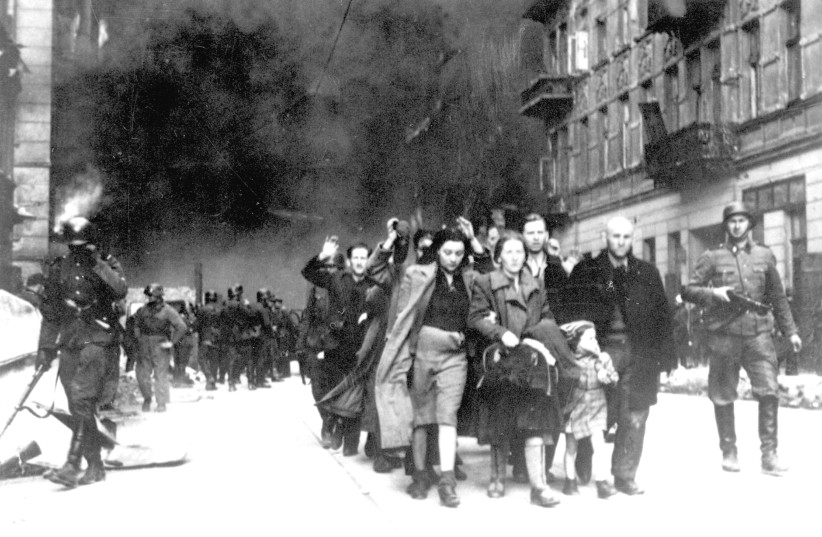The Jews who took part in the Warsaw Ghetto Uprising exactly 80 years ago, and others who were imprisoned in ghettos established by the Nazis in Poland and throughout Eastern Europe were murdered or sent to concentration camps, the medical workers were a “symbol of the victory of the human spirit,” according to Israeli researchers who studied the role of Jewish physicians who took care of them as best they could.
“The uprising is not the only demonstration of courage and strength in rebelling against the brutal Nazi oppressor. There was another form of intellectual and spiritual resistance in the ghetto – medical resistance. Physicians, nurses and other healthcare professionals resisted. Not only did they provide very diverse and dedicated medical assistance to the ghetto residents, but they went beyond their professional duties in initiating research on hunger disease and in founding a clandestine medical school,” wrote Miriam Offer, Avi Ohry and colleagues in Harefuah, the Hebrew-language journal of the Israel Medical Association.
This study was entitled “An unfinished symphony: Medicine during the Warsaw Ghetto Uprising.”
How many Jewish medical workers were in the Warsaw Ghetto?
There were 800 physicians and half a million Jews in the ghetto. From the time they were incarcerated there and during the resistance effort from April 19 to May 16, 1943, the Jewish medical staffers even performed operations, delivered babies and gave the best treatment they could to patients. They even carried weapons.
Even before the uprising, courses on anatomy, physiology, public health, histology and other subjects were given to 500 medical students under the pretext that they were learning how to improve sanitation. Some sympathetic Polish professors from the University of Warsaw’s faculty of medicine helped them by smuggling in textbooks, the authors wrote.

In 1942, they conducted a study on Jews who had enough food for a meager 800-calorie diet that helped save the lives of concentration camp survivors who were fed after near starvation.
Their contribution has largely been forgotten, but it should be stressed to future generations of Jews and health professionals in general, the authors concluded.
